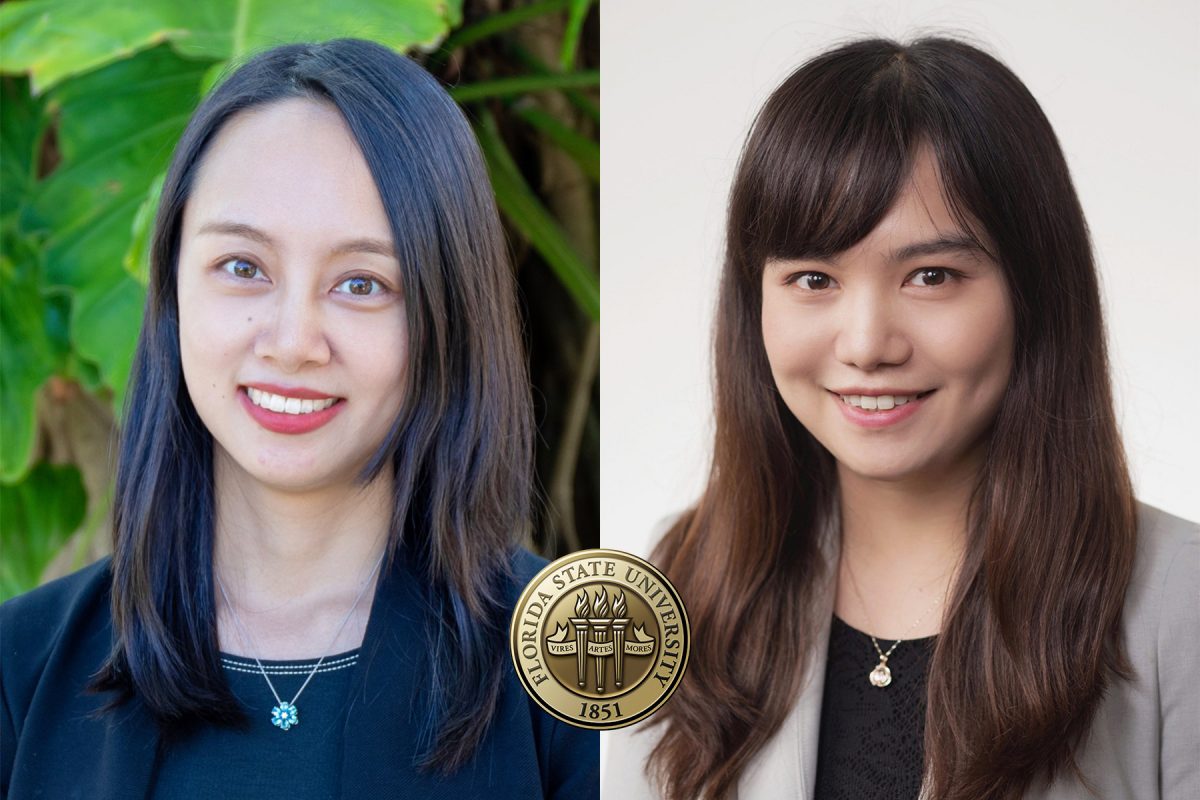
Two Florida State University researchers have earned a grant from the National Science Foundation to study energy poverty and spur participation in energy efficiency programs meant to ease the burden of high utility bills.
There are more than 900 programs nationwide aimed at improving energy efficiency and lowering high utility bills for low-income households, but those programs are woefully underused.
Assistant Professor Xue Gao, and Associate Professor Tian Tang, who each work at FSU’s Askew School of Public Administration and Policy, earned the three-year grant along with co-principal investigator, Destenie Nock of Carnegie-Mellon University. The grant is $625,280, with FSU receiving a $425,280 share.
“There are a lot of programs to address energy efficiency and to help low-income residents in particular however people most in need of financial assistance do not apply for those programs,” Tang said.
Much of the three-year grant will be used to fund doctoral and post–doctoral students as well as supporting a large-scale residential survey and community engagement workshops.
Among other aims, the grant will help the group investigate energy consumption patterns, the efficacy of energy-efficiency programs, and explore ways to tailor policies to contain energy bills.
Gao said the consequences of energy poverty and energy insecurity are far reaching and affect all aspects of life for those it affects.
“Existing literature shows people have to borrow money, take loans or engage in risky behavior like using stoves to heat their homes, so we know energy poverty and insecurity can lead to a lot of negative outcomes for households,” she said. “Often energy consumption is discussed on a high level but it is directly related to everyday life from the temperature of your home to your ability to cook.”
Gao added that many people often need to make trade-offs among various fundamental needs, such as choosing between energy consumption, buying food, transportation, and medical expenses.
The group’s work will also address underlying issues fueling the shortfall of participants in energy efficiency and utility bill programs.
“Trust in government and government programs in marginalized communities is really low,” Tang said. “So, we will investigate that part and see what approaches can improve trust. The community workshops will include utility stakeholders, government at different levels and scholars. We will disseminate our research findings and see which approaches will work.”
The Askew School of Public Administration is housed in the College of Social Sciences and Public Policy.
For more information, visit https://coss.fsu.edu/askew/.




